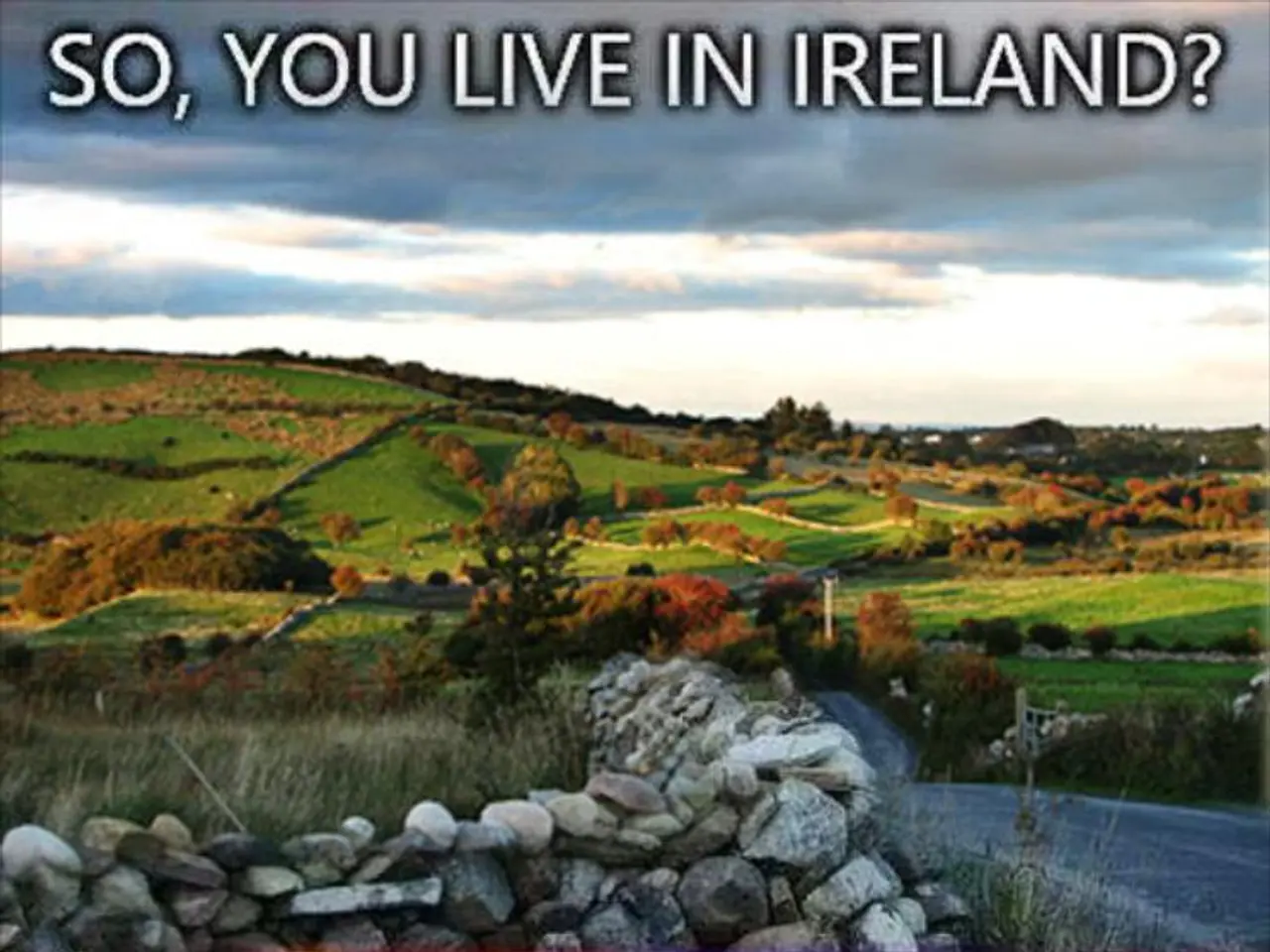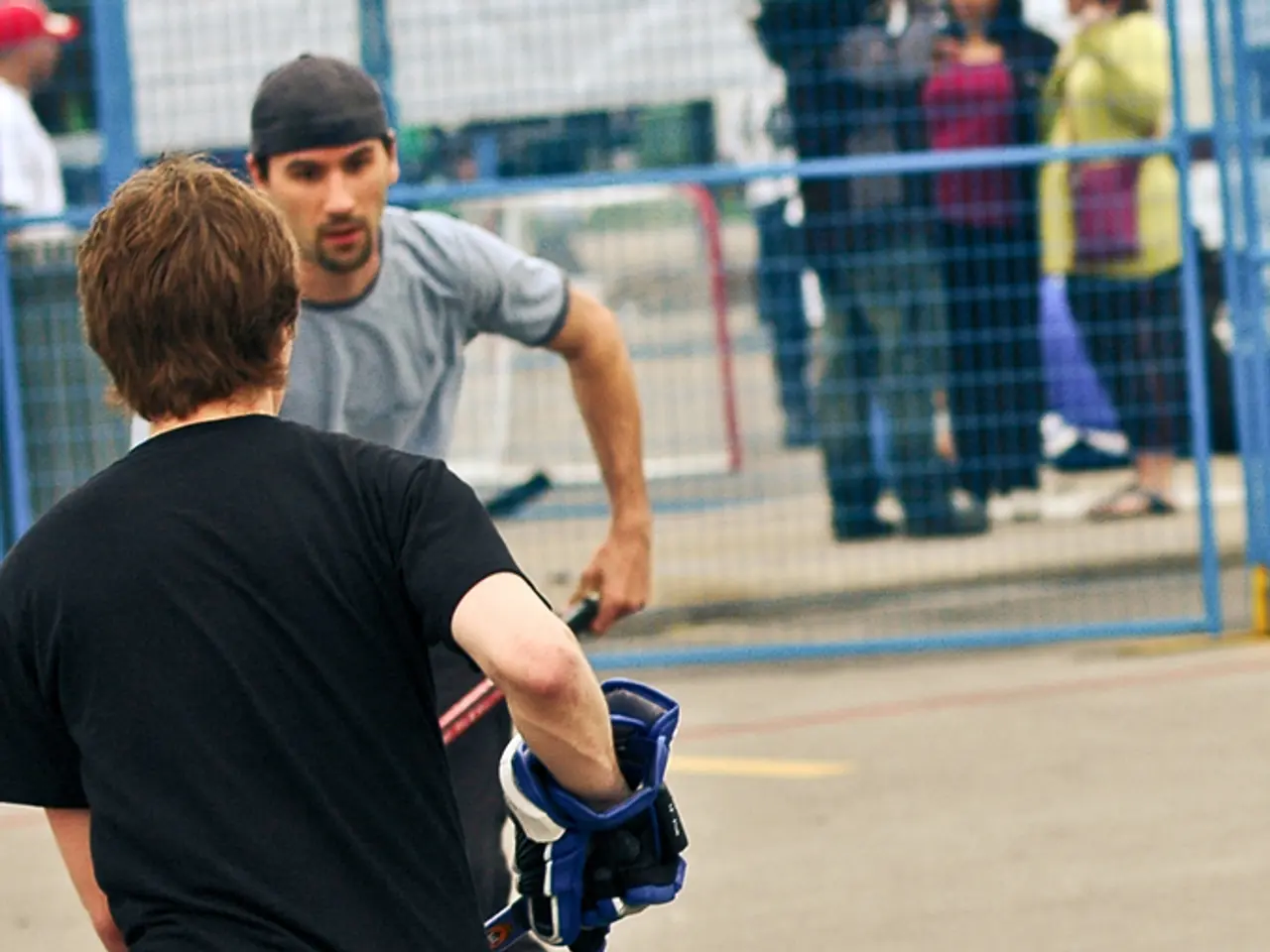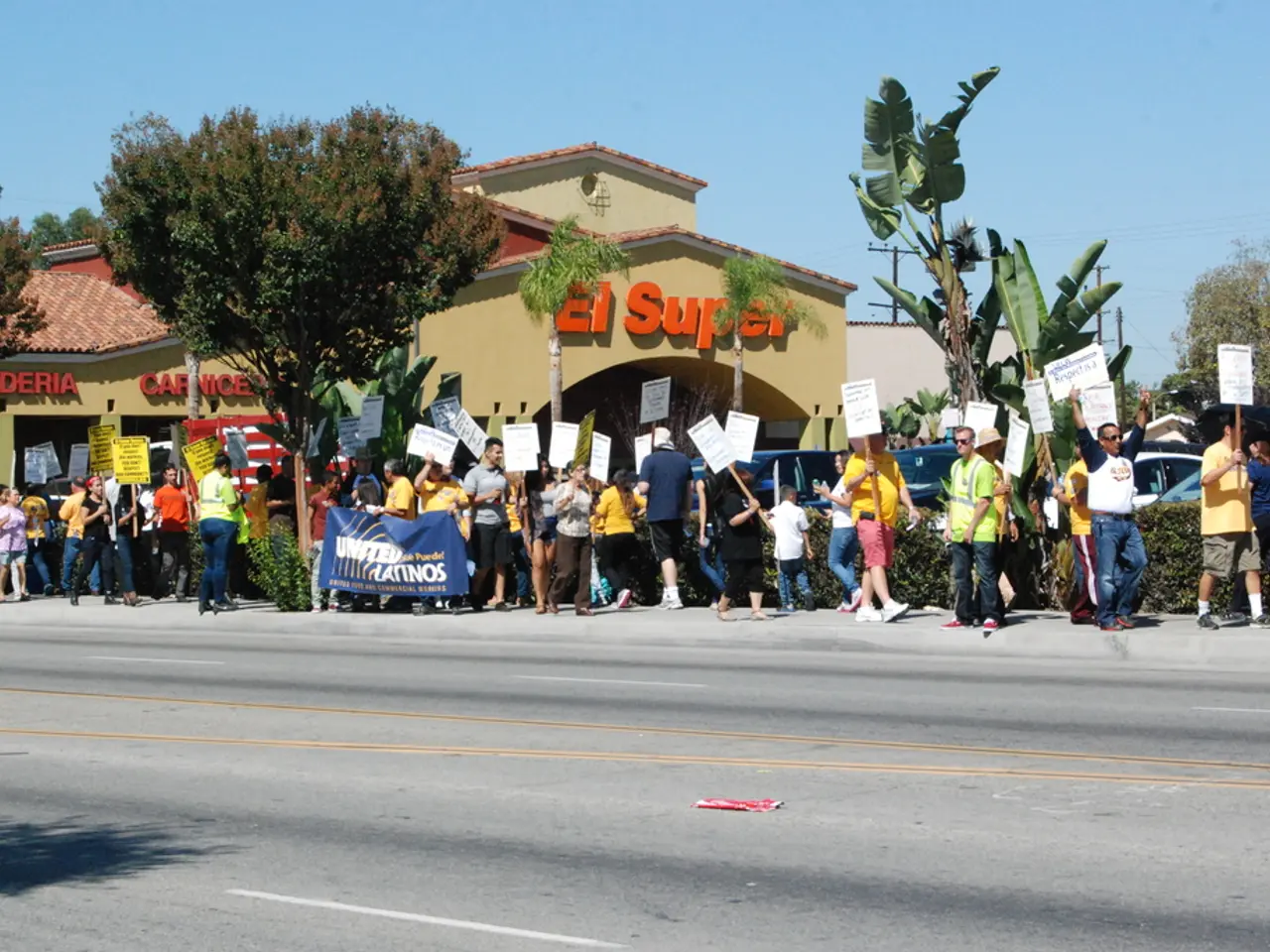Unseasonable summer downpours bring a double-edged sword of brief respite and increased wildfire activity due to approximately 70,000 instances of lightning striking British Columbia.
British Columbia Faces Challenging Wildfire Season Amidst Summer Storms and Climate Change
British Columbia (BC) is currently grappling with an intense wildfire season, with over 120 active wildfires as of Wednesday morning. The increase in wildfires is attributed to a combination of climate change-induced drought, heat, and lightning strikes from summer storms, which have ignited numerous fires across the region.
This year, BC has experienced about 1.8 million acres (728,782 hectares) burned, contributing significantly to Canada’s second-worst wildfire season on record. The wildfires have caused displacement of thousands of residents, degradation of air quality from wildfire smoke, and disruption to communities and ecosystems throughout the province.
The Wesley Ridge wildfire on Vancouver Island, currently 538 hectares in size, is one of the many fires being actively contained by firefighters. Thanks to the quick, effective action from BC Wildfire Service crews and local firefighters, 85% of the fires this season have been contained to four hectares or less.
However, Cliff Chapman, director of wildfire operations for the BC Wildfire Service, has warned that people should not let their guard down, emphasizing that there is no place in BC that is safe from wildfires. Vancouver Island, the northeast, and the mainland coast remain the highest at risk for increased wildfire activity.
Chapman also stated that while some rain fell on Wednesday in much of British Columbia, it is not enough to significantly reduce the wildfire risk for the rest of the fire season. Highway 4, a critical route on Vancouver Island, has not been impacted by the Wesley Ridge wildfire, but officials are asking people to avoid stopping on the highway and keep traffic moving.
The BC Wildfire Service continues to respond vigorously to wildfires throughout the province, with over 85 air tanker missions having been flown in the last week. Firefighting resources are stretched due to the high number of large fires and the extensive area affected. Many fires remain uncontrolled or only partially contained despite ongoing efforts.
Prevention measures include improved forest management to reduce fuel loads, climate adaptation strategies, and community preparedness initiatives. Public awareness campaigns about fire-safe behavior during dry, storm-prone summer periods help reduce human-caused ignitions. Monitoring systems such as lightning detection, fire risk forecasting, and rapid response protocols are utilized to address ignition sources quickly, though their effectiveness can be limited during high-risk storm seasons.
Despite these challenges, the BC Wildfire Service remains committed to containing and managing the wildfires throughout the province. Chris Burger, who owns Meadowood Store in Qualicum Beach, has been closely monitoring the Wesley Ridge wildfire, describing it as a "beast." However, Burger also expressed gratitude for the efforts of the firefighters, stating, "They're doing a great job out there."
- The current wildfire season in British Columbia is linked to climate change, as the increase in wildfires is due to a combination of drought, heat, lightning strikes from summer storms, and climate change.
- While weather forecasting helps address ignition sources quickly, its effectiveness can be limited during high-risk storm seasons, such as the one currently affecting British Columbia.
- In light of the ongoing wildfire season, there is growing interest in environmental science, particularly weather forecasting and climate change studies, to better understand and manage these environmental challenges, including their impact on sports events and sports-betting activities.






